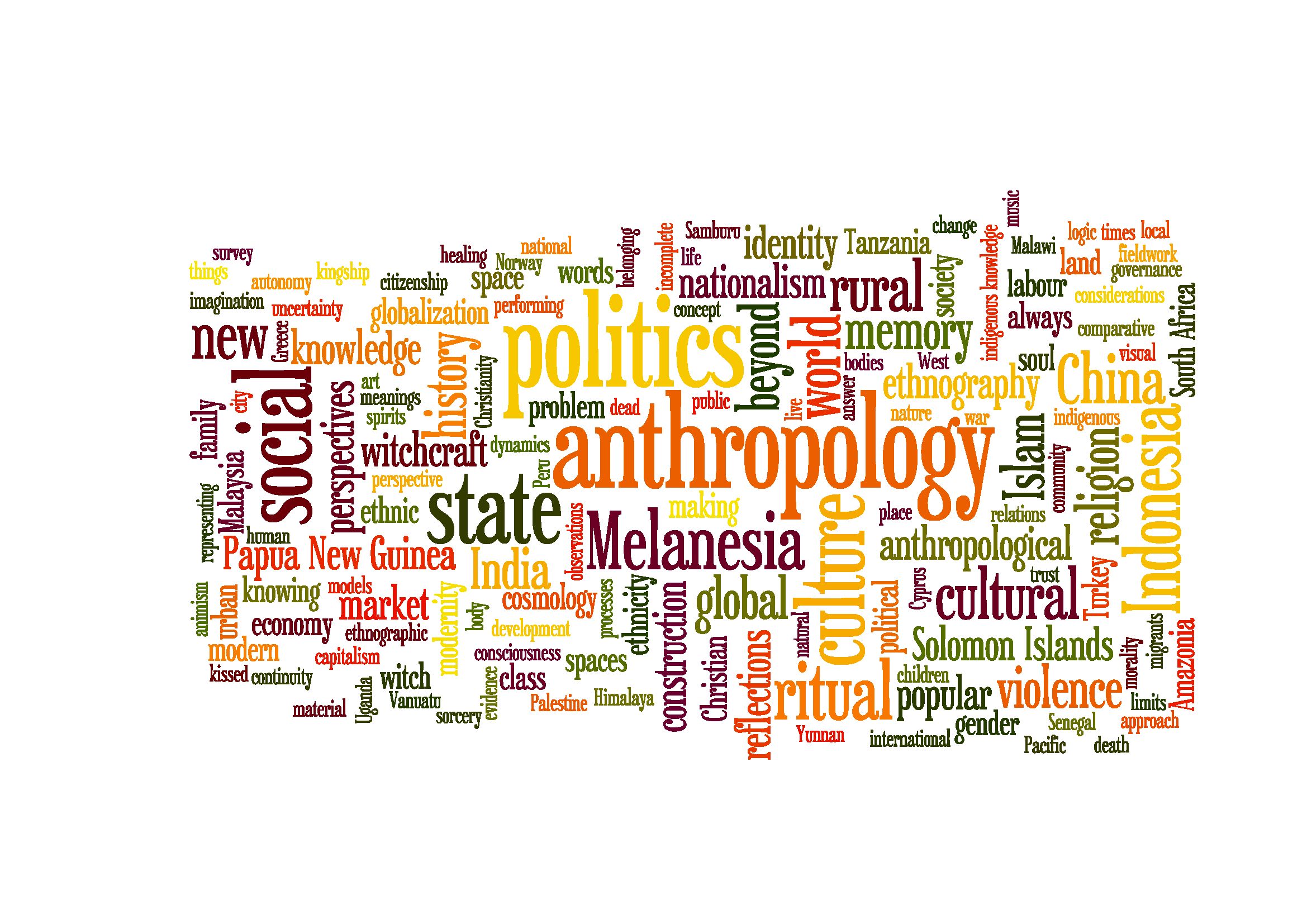There are many variants of history. It cannot be defined in a single sentence. Most of the scholars define history as a chronological account of the past events. Traditionally, therefore, the emperors, rulers and elites, who make history, constitute the theme of history.
Looked at from this perspective, history is like a railway timetable which moves year after year, century after century. In simple words, history is the account of ruling dynasties.
ADVERTISEMENTS:
The preliterate people do not have anything of this history. There are no records for them. Here is a breaking point between history and social anthropology. Social anthropology writes about prehistoric people and their traditions and institutions.
The field of history is the people of society; the field of social anthropology is the society; and the field of social anthropology is the masses of people who are illiterate.
Yet another definition of history is that given by the Indian historian, D.D. Katsambis. He has defined it from the Marxian conceptual framework and argues that history is about the means of production and the property relations developed out of production.
On the other hand, yet another approach to history is suggested by Carr who says that the events which involve and affect larger masses of people are historical events.
ADVERTISEMENTS:
Without entering into the controversies of the definition of history, it must be said that history is a methodology and it should be used as such only. The relationship of history and social anthropology is of a kind of love and hate.
There was-a time when social anthropology did not employ historical methodology. If we look at anthropological texts, we usually find that these are written in the present context.
“Many of the most influential monographs in social anthropology were written half a century ago or more, and in virtually every case the societies they deal with have changed radically since the original fieldwork took place.”
The social anthropologists all over the world have hated history. They were concerned with detailed narration and, therefore, generated only empirical data. Tracing the relationship of history and social anthropology, Eriksen says that in the past social anthropology did not criticize historical accounts for empirical narrations. He writes:
ADVERTISEMENTS:
Frequently, moreover, fieldwork was carried out during an unusual not a ‘typical’ historical period. For example, classic African anthropology was developed during the last phase of French and British colonialism, namely, between the First World War and 1960.
It must be stressed that social anthropology has never tried to replace history. Its analyses have traditionally been focused on social and cultural interrelationships at a particular point in time, and until recently, have rarely emphasized the historical processes which have led up to the present.
Interestingly, in the British, American and French traditions, the aim is usually to account for the workings of a particular society or culture, not to try to explain how it emerged.
As a matter of fact, the founding fathers of social anthropology, namely, Boas in the US and Radcliffe-Brown and Malinowski in England, were all critical of the rather speculative forms of cultural history which preceded modern anthropology.
Thus, the older social anthropology was more or less a still or snapshot anthropology. The historical methodology and social anthropology remained averse to each other because of the anthropological thrust of functionalism which dominated the first quarter of the 20th century.
A change has come about in the relationship of social anthropology and history after the 1980s. It became obvious to Third World countries that the situation of primitive peoples can hardly be analyzed without explaining the historical processes which shaped their structure.
The status of Nuers in Africa is empirically alright but it is also resultant of the domination of whites over the coloured people.
In India also, the primitive peoples were dominated by the colonial rule. Functionalism as a methodology took an amazing turn in India. Though empiricism all over the world has emerged as a reaction to historicism, in India, empiricism and historicism go together.
Here, those who are empiricists are also history-friendly. For instance, M.N. Srinivas explains the status of Coorgs and for that matter the caste hierarchy from a historical perspective also. Explaining the relationship as is currently found between social anthropology and history, Eriksen very interestingly observes:
Anthropology may be described as the processes whereby one wades into a river and explores it as it flows by, whereas historians are forced to study the dry river bed. One cannot engage in particular observations of the past.
Not only Eriksen who is British but also Kroeber from the US stresses the importance of knowing the history of a society and its contribution to the present. This can be specially rewarding-some would say absolutely necessary-in studies dealing with societies with a written history.
Further, the connections between different societies which are often crucial for the understanding of each society, can only be properly investigated historically.
It would be impossible to understand, for example, the Industrial Revolution in England properly without prior knowledge of the slave trade and the cotton plantations in the United States.
As a matter of fact, history and social anthropology are not mutually exclusive. Empiricism and history are both integrated. It could be safely said that in the Indian context social anthropology cannot be properly understood without reference to its history.
The classical works of social anthropology, such as those of Andre Beteille, S.C. Dube and K.S. Singh, very clearly indicate that historical context is quite useful in understanding tribal ethnography and social anthropology.
Despite this relationship, social anthropology earns its own autonomous status. For it there is no bias of time. It studies its subject matter notwithstanding any period boundaries.

